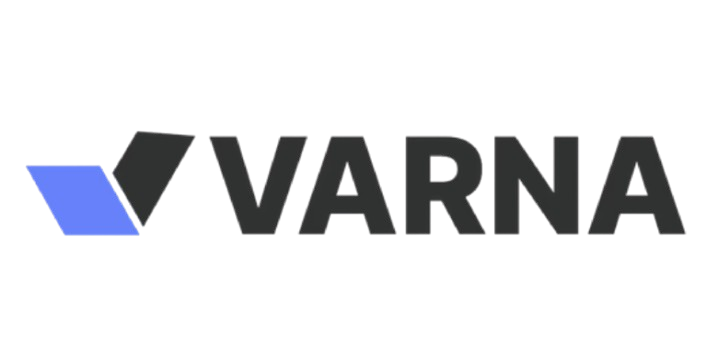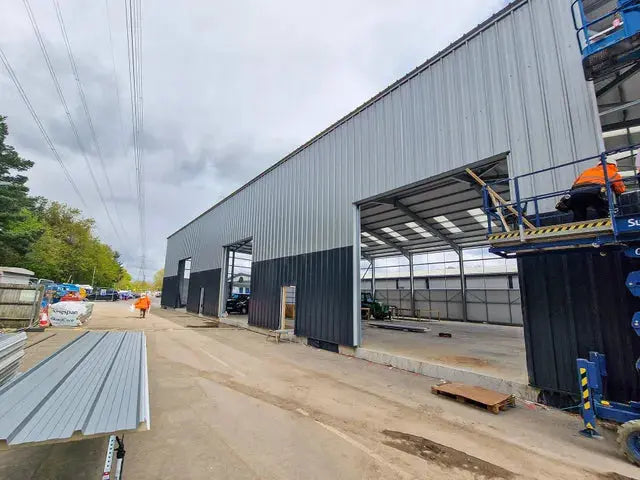In the world of infrastructure and civil engineering, projects don’t fail in the final stages — they unravel in the early ones.
A lack of structure during mobilisation, poor welfare provision in the enabling phase, or delays from unprotected materials in storage can all cascade into costly overruns. But there’s a simple remedy many overlook: fit-for-purpose temporary infrastructure, mapped to each phase.
From groundworks to handover, modular shelters and site systems can deliver cost-efficiency, safety, and presentation — when deployed strategically.
Why Temporary Infrastructure Is No Longer Just for Emergencies
Gone are the days when “temporary” meant basic.
Today’s civil and infrastructure projects require:
• Compliant welfare zones (CDM 2015, ISO 45001)
• Protected materials and plant bays (weather-resilient, theft-resistant)
• Mobile, redeploy-able solutions (for phased, multi-zone works)
• Professional site presentation (framework and public audit-ready)
Smart procurement teams are now treating temporary infrastructure as core to operational success, not just contingency.
Phase 1: Mobilisation & Enabling Works
Objective: Fast setup, compliance from day one, groundwork support
Deploy:
• Container canopy shelters for tool storage & covered working
• Welfare units with hot water, heating & secure break space
• Temporary site fencing with branding & signage
Why it matters:
First impressions count. A clean, compliant site sends the right signals to the client, auditor, and the wider public. It also sets the pace for the entire project.
Phase 2: Groundworks, Utilities & Civil Construction
Objective: Operate safely through weather changes, keep plant and workers productive
Deploy:
• Covered work zones to prevent downtime from rain or cold
• Storage tents (like Stormax) for aggregates, cabling & ducting
• Mobile welfare units for multi-zone crews
Why it matters:
Civil works often span months and are vulnerable to weather-based delay. Temporary shelters offer a mobile, scalable shield — keeping productivity up and costs down.
Phase 3: Structural Works & Fit-Out
Objective: Support specialist contractors, reduce rework risk, protect interior components
Deploy:
• Modular loading bays & equipment protection shelters
• Secure, dry storage for cladding, glass, and finish materials
• Temporary covered walkways for fit-out teams and QA zones
Why it matters:
With high-value finishes coming on site, exposure is costly. The right infrastructure can protect sensitive goods and help manage sequencing delays.
Phase 4: Commissioning, Handover & Demobilisation
Objective: Maintain standards, wrap up efficiently, reduce project residue
Deploy:
• Site presentation shelters for walkthroughs and snagging
• Temporary meeting & inspection spaces
• Rapid-deploy decontamination zones or tool return bays
Why it matters:
The handover phase is where reputations are sealed. A structured, tidy site — even in its final days — reflects well on the contractor and can influence future tenders.
Multi-Phase Sites? Infrastructure That Moves With You
If your team operates across road, rail, or utility corridors, you’re not just thinking in phases — you’re thinking in zones.
That’s where container-based or modular systems (like SkyShield or Steelskin) shine. They can:
• Be deployed in 7 days
• Move across sites without needing concrete foundations
• Adapt to project scaling or shifting scopes
• Store compactly between contracts
Conclusion: Build Better — At Every Stage
Temporary infrastructure isn’t a line item to tick off — it’s a strategic asset.
From enabling works to final walkthrough, the way you set up your site shapes the entire delivery path.
Whether you’re a procurement lead, site manager, or Tier 2 supplier looking to raise standards and win more bids, investing in smarter temporary systems is a move that pays off at every turn.



Leave a comment
This site is protected by hCaptcha and the hCaptcha Privacy Policy and Terms of Service apply.